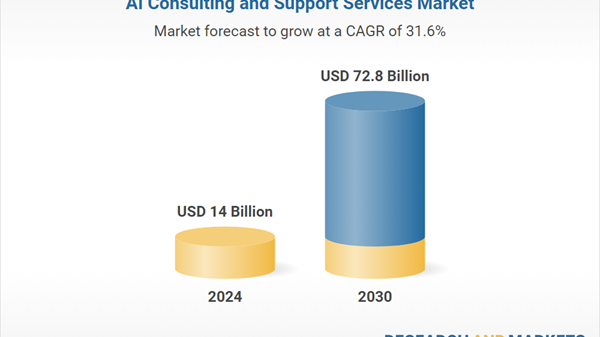AOL is now part of the Yahoo family of brands, a development that signifies ongoing consolidation within the digital media and technology landscape. As part of this integration, a new cookie policy has been implemented across their sites and applications.
The updated policy outlines several critical functionalities enabled through the use of cookies. These include:
- Providing access to sites and applications.
- Authenticating users and implementing security measures to prevent spam and abuse.
- Measuring user engagement with various features.
Users are presented with options regarding cookie usage. By clicking “Accept all“, users consent to the storage and access of information on their devices, which includes precise geolocation data and personal information such as IP addresses, browsing history, and search data. This data is utilized for analytics, personalized advertising, content measurement, and audience research to enhance service development.
For users who prefer not to share personal data for these additional purposes, the option to click “Reject all” is available. Moreover, users can customize their preferences by selecting “Manage privacy settings“, providing a layer of control over their data privacy.
Importantly, users can withdraw consent or modify their choices at any time. This can be done through links such as “Privacy & cookie settings” or “Privacy dashboard” located within the sites and applications. Further information about how personal data is utilized is accessible in the privacy policy and cookie policy provided by the company.
This move reflects a broader trend in the digital ecosystem where companies are tasked with balancing user privacy against the need for data to drive innovation and maintain competitive advantages in a rapidly evolving market. The emphasis on user consent and customizable privacy settings is indicative of growing regulatory scrutiny and consumer demand for transparency in how personal data is managed.
As companies like AOL and Yahoo navigate these complexities, understanding user preferences and complying with evolving legal frameworks will be crucial for maintaining user trust and operational viability in the digital marketplace.
 Meta Seeks Federal Approval to Trade Electricity for Data Center Expansion
Meta Seeks Federal Approval to Trade Electricity for Data Center Expansion Top 10 Text-to-Video AI Tools: Features, Pros, and Cons for 2025
Top 10 Text-to-Video AI Tools: Features, Pros, and Cons for 2025 AI Investment Risks Surge as OpenAI’s $1.4T Bet Faces Economic Headwinds and Fading Returns
AI Investment Risks Surge as OpenAI’s $1.4T Bet Faces Economic Headwinds and Fading Returns Google DeepMind’s Lila Ibrahim Reveals Strategies for Global AI Accessibility
Google DeepMind’s Lila Ibrahim Reveals Strategies for Global AI Accessibility










































































